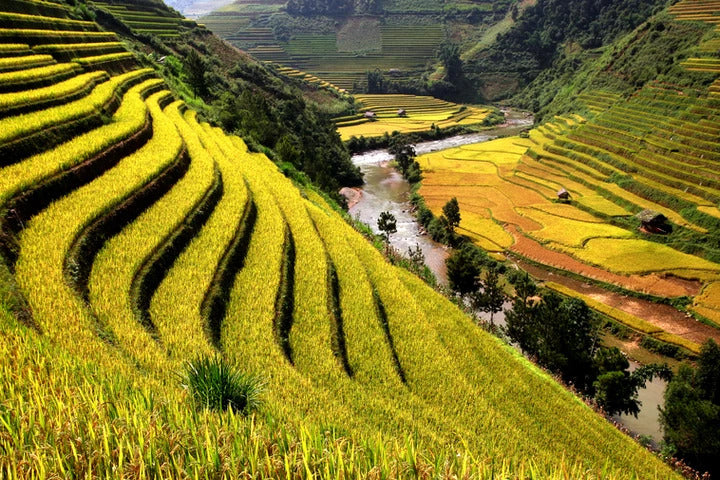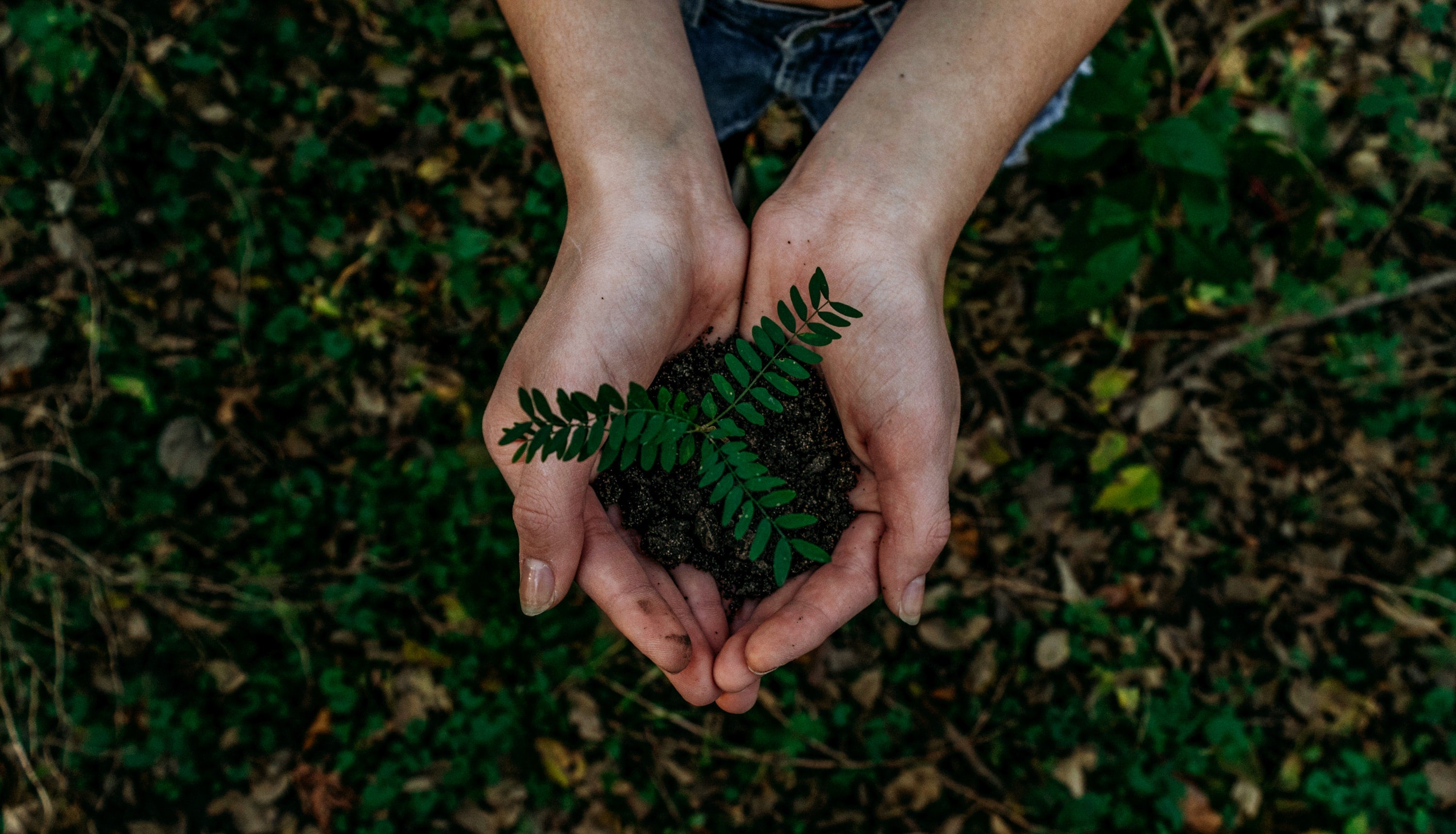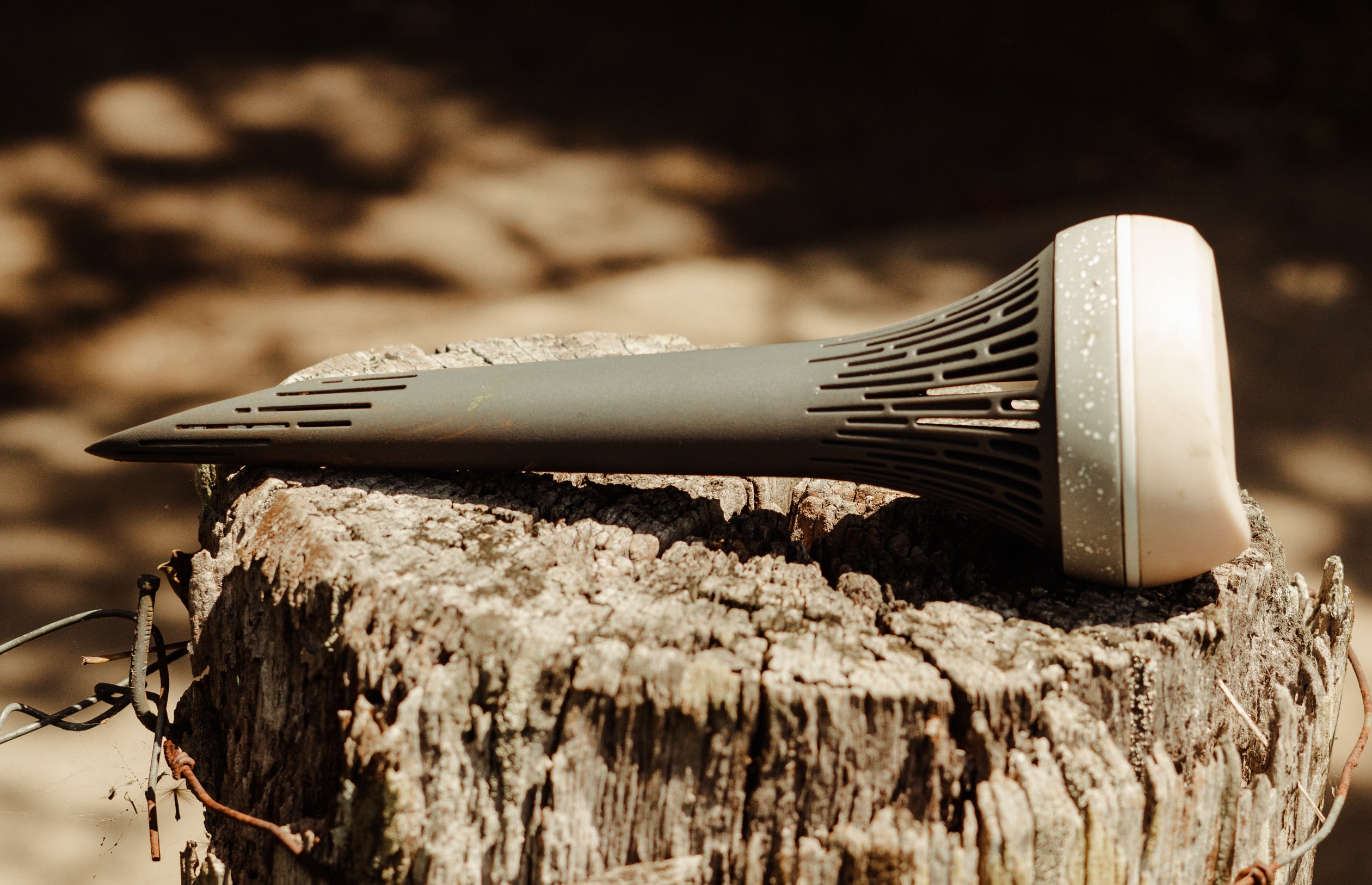The future is an exciting place, full of wonder and innovation and excitement. There could be flying cars, robot assistants, brain uploading and all sorts of other crazy things. As we move forward though, it’s important we don’t forget about where it’s all come from.

We’re trying to bring about the future of composting with our technology but what’s been the past? When did we first start composting, why did we do it, how much has it changed - so many questions and we’ve got the answers for you.
Com-post - Noun: decayed organic material used as a fertiliser for growing plants.
First of all, why is it called that? Well we could go into all the old Latin derivatives but the earliest use was in 13th century France as composte, with a pretty similar definition of a “mixture of leaves and manure for fertilising land”.
It’s also comes from the same roots as decomposition and decompose, which makes sense because that’s exactly what it’s doing!
The act itself has been around way longer than the word though.

Effective composting is a critical part of any good agricultural operation, the start of which is often considered the birth of civilisation. Agriculture is thought to have emerged around 12,000 years ago and surprise, surprise, the earliest evidence of composting is … 12,000 years ago.
Archeological findings have uncovered in situ composting was practised on the British Isles by the ancient Scots. They would build up piles of organic waste and once fully decomposed, plant crops directly onto it. We personally find that a little more exciting than the dawn of humanity.
After millennia of composting, someone finally thought it might be a good idea to write it down. Clay tablets inscribed in ancient Mesopotamia detail the importance and benefits of high-nutrient livestock byproduct (AKA manure).
Similar testaments were found around the same time, from China to Egypt to the Americas, and continued throughout the ages. These different empires utilised their unique climates and environments to customise their composting, whether it was seed balls by the Native Americans or worm-farms by Cleopatra.*
*We think we must have common ancestors because Cleopatra actually made the removal of earthworms from soil punishable by death, something we would definitely be on-board with bringing back.
By the 19th century, compost was considered as important a part of agriculture as the actual growing itself. But that all changed with the rise of artificial fertilisers. These fertilisers are powdered mineral rocks or chemical liquids that are easier and cheaper than compost to manufacture and spread. While they seemed like a miracle invention at the time, it’s becoming apparent they’re causing some big problems.

This cost pressure forced the commercial composting industry to emerge and try to manufacture compost with larger economies of scale. Never before seen mega-piles of hundreds of tonnes are now piled up, automatically watered by smart irrigation systems and turned over by giant industrial machines.
While there are some benefits to this commercial approach, we think the future of compost should actually go back to the past … with a few minor tech upgrades of course.
Small-scale composting in harmony with sustainable agricultural practises, done at the hyper efficient speeds we can achieve with today’s technology, bringing the past, present and future together.
We've made this possible with our smart compost monitor, Monty Monitor! This device revolutionizes the composting process by tracking temperature, moisture, and gas levels within your compost, empowering you to achieve optimal composting results. Shop our sale now on our website.
Make sure you're following our socials - Facebook, Instagram, Twitter and LinkedIn!




Leave a comment
This site is protected by hCaptcha and the hCaptcha Privacy Policy and Terms of Service apply.